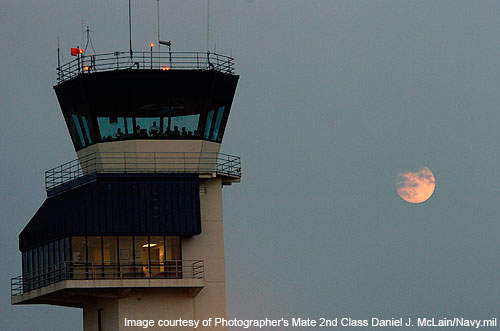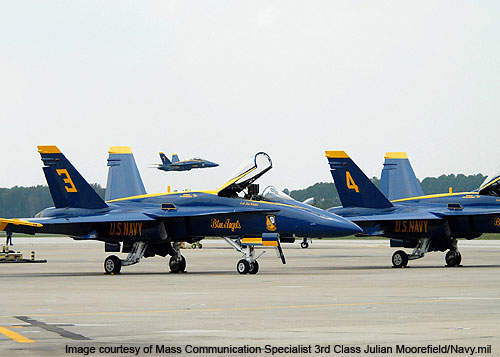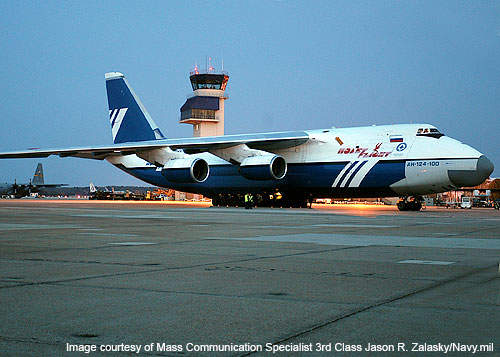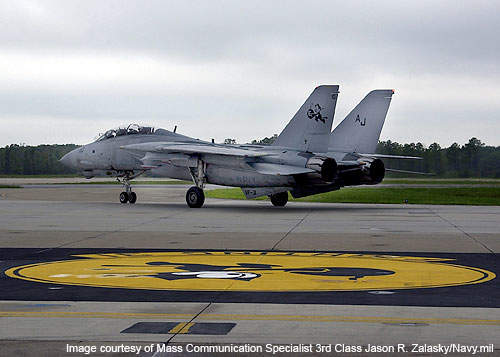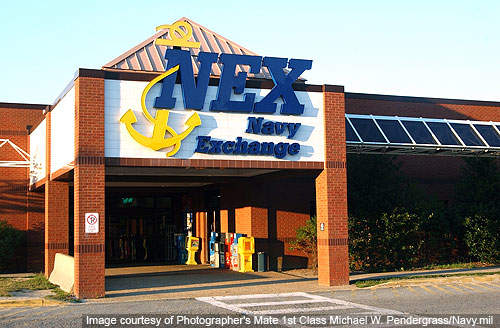Naval Air Station Oceana (NAS Oceana) is the sole east coast master jet base in the entire US Navy. Located in Virginia Beach, the air station supports the operations of the US Navy’s Atlantic and Pacific Fleet strike fighter aircraft.
The air station occupies an area of 6,000 acres and accommodates approximately 25,000 personnel, including 10,500 military, 10,000 family members and 4,500 civilian employees.
The NAS Oceana is situated within the city limits of Virginia Beach, about 25.7km east of the city of Norfolk. The base was developed on a swampy wasteland. The facilities at the air station cover an area of 5,916 acres.
NAS Oceana history
Naval Air Station Oceana was commissioned in August 1943. Construction of the base began after the US Government purchased 328.95 acres of land in 1940. A small airfield was built and 32 officers and 172 enlisted men were assigned to the air station. Asphalt runways were constructed in November 1941.
The expansion of the base was approved by the wartime Congress in 1943.
Longer runways and personnel facilities were added to accommodate larger aircraft, and up to 160 officers and 800 enlisted men. The station was redesignated a naval auxiliary air station in 1943.
The station was changed to a naval air station in April 1952. The airfield was renamed Soucek Field in honour of Vice Admiral Apollo Soucek in June 1957. Soucek Field serviced fighter aircraft carriers during the World War II and the station became home for advanced naval aircraft with the introduction of high-performance aircraft in the US Navy.
The F-14 Tomcats were assigned to the NAS Oceana in 1974. The F-14 replacement air group (RAG) squadron was established in 1976. The F/A-18 Hornets arrived at the air station between 1998 and 1999.
Naval Air Station Oceana operations
The Naval Air Station Oceana base is home to 19 fighter or attack squadrons, flying more than 250 advanced aircraft of the US Navy. The air station operates 18 F/A-18 Hornet squadrons. Fleet Composite Squadron 12 (VFC-12) provides air combat manoeuvring training. Fighter Attack Squadron 106 (VFA106) provides Hornet training and Fighter Squadron 101 (VF-101) provides support for Tomcat training.
The fleet area control and surveillance facility at Virginia Capes conducts surveillance and manages the sea and air traffic control of the Virginia Capes warning areas. The Fleet Readiness Center Mid-Atlantic provides intermediate and depot level maintenance support to the tenant squadrons. It also assigns technicians to aircraft carriers home-ported on the east coast. The Port Operations Department allots berths and anchorages, and monitors the docking and undocking of ships.
Garrison facilities
The major tenant commands assigned to the base are Commander, Carrier Air Wing ONE, Commander, Carrier Air Wing THREE, Commander, Carrier Air Wing SEVEN, Commander, Carrier Air Wing EIGHT, Commander, Carrier Air Wing SEVENTEEN, Commander, Strike Fighter Wing Atlantic, Marine Aviation Training Support Group Thirty Three, Naval Aviation Engineering Support Unit, Strike Weapons and Tactics School, and Atlantic and Combat Direction Systems Activity.
The air station houses Fleet Logistics Support Squadron 56 (VR-56). It also accommodates a search and rescue (SAR) unit of the UH-3H Sea King helicopter. The VR-56 squadron provides airlift and logistics support to the US Naval units and shore-based commands.
Naval Air Station Oceana air facilities
The NAS Oceana has four runways occupying more than seven miles of land. Runway 5R/23L is 3,651m long and runway 5L/23R is 2,439m. Runways 14L/32R and 14R/32L both measure 2,438m.
All runways at the base are surfaced with asphalt or concrete. The airfield allows the operations of F/A-18 Hornet, F/A-18 Super Hornet, A-6 Intruder, C-9 Skytrain II and F-14 Tomcat aircraft. The air station also serves as an alternative landing site for Nasa’s space shuttle.
Other facilities at Naval Air Station Oceana
The NAS Oceana includes family housing units, enlisted family units and accompanied personnel units for marines and their family members. Temporary lodging facilities are available for visitors. The air station also features a commissary, a navy exchange, a mall, a childcare centre and a clinic.

